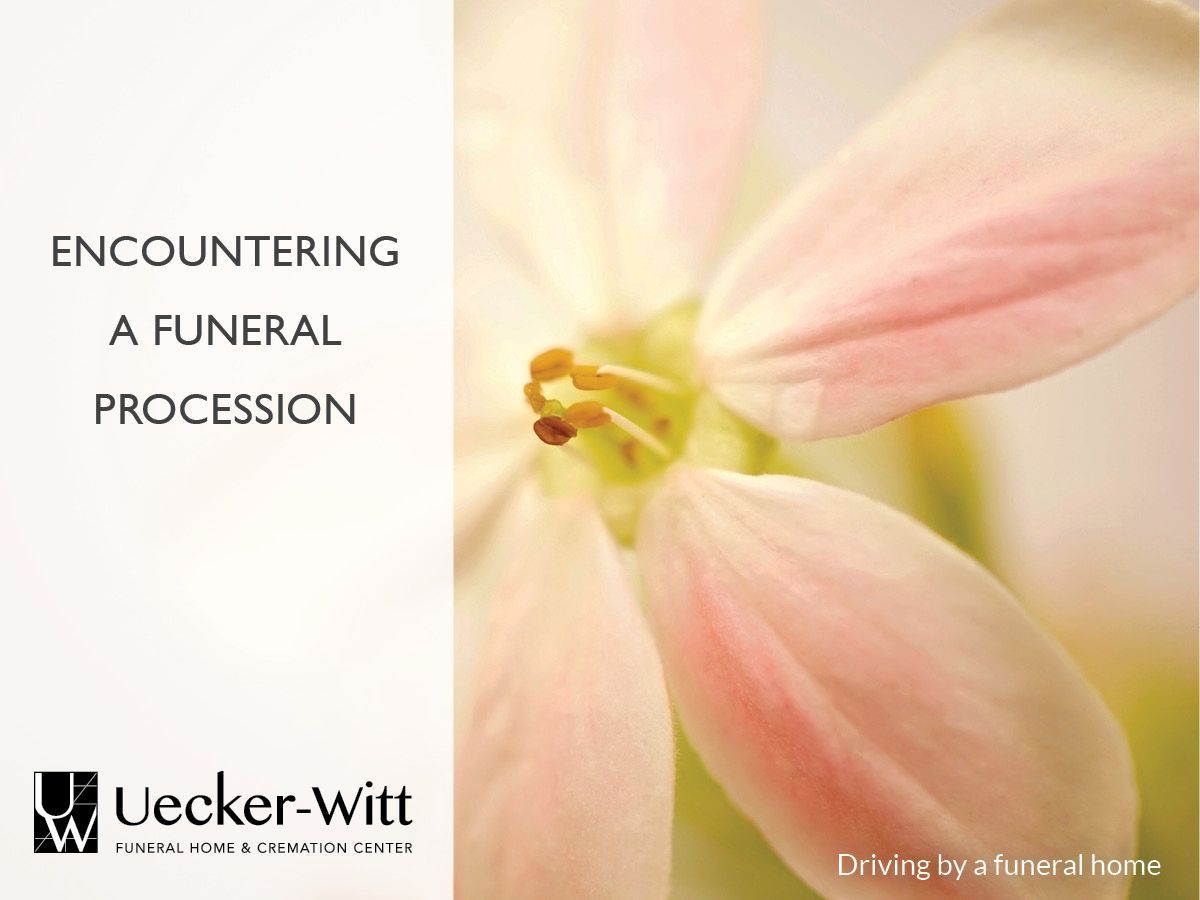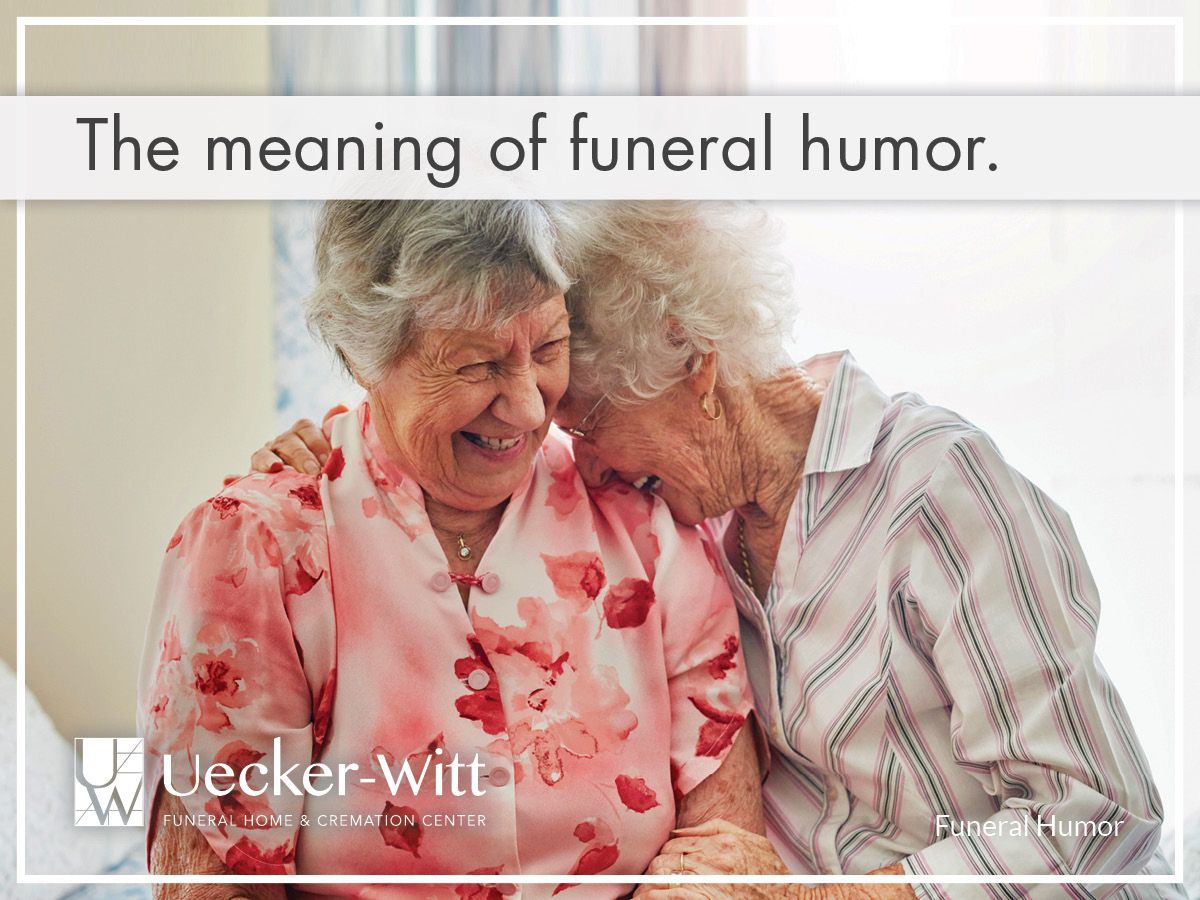Should I Go to the Funeral?
Why should you attend a funeral? The presence of family and friends at the funeral is appreciated. We gather to acknowledge a life that was lived. We gather to comfort those for whom life has just been forever changed by the death of someone they loved.
If you care for one or more of the survivors, you should attend the funeral (even if you did not know the person who died). Your friend will appreciate your presence. Being there shows that you acknowledge that your friend’s life has changed in some way. Your presence shows your support.
If you knew the person who died but do not know their family, you should attend the funeral. Your presence demonstrates your respect for human life in general and the life of the person who died in particular. Perhaps you worked with the person who died. It is comforting for the surviving family to know the person they loved was also appreciated at work.
If you are hesitating because you are unfamiliar with the person’s faith and fear you will embarrass yourself or feel like a fish out of water, go anyway. You will be fine. You can prepare a little in advance by looking for some information online about the funeral customs of the family’s faith.
When should you stay home? Anytime you are going to a funeral and you know it will make one or more members of the immediate family uncomfortable, perhaps you shouldn’t go. If going is more about you and less about the deceased or the surviving family, don’t go. A funeral is not a place to prove a point.















